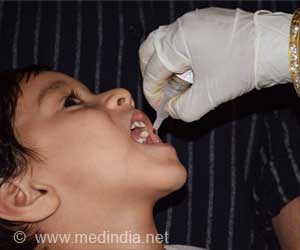India will establish 30 world-class universities across the country that would become "launch pads" for the country's entry into the knowledge economy, Prime Minister Manmohan Singh announced here Friday.
"This expansion is going to be a landmark in expanding access to high-quality education across the country. These universities should focus on international standards of excellence and be rated among the top institutions in the world," the prime minister said."They must become the launching pads for our entry into the knowledge economy," Manmohan Singh told an event here to celebrate 150 years of the University of Mumbai, one of the country's oldest universities.
The ministry of human resource development, the University Grants Commission (UGC) and the Planning Commission have already begun work on setting up these "central universities."
"They are working to operationalise this in the next two-three months," he said.
The prime minister said efforts will also be made to ensure the best faculty for them, excellent physical resources, a range of disciplines, and diverse student bodies.
As opposed to universities run by state governments, a central university is normally set up under an act of parliament and not only receives funding from the central government but is also governed by the UGC, the nodal body for higher education, in terms of course curriculum.
Advertisement
The president of India is the visitor of most central universities and nominates some members to the executive committee or the board of management.
Advertisement
"Almost two-thirds of our universities and 90 percent of our colleges are rated as below average on quality parameters. Importantly, there is nagging fear that university curricula are not synchronised with employment needs," he said.
"We need better facilities, more and better teachers, a flexible approach to curriculum development to make it more relevant, more effective pedagogical and learning methods and more meaningful evaluation systems."
He said 340 districts in the country had extremely low college enrolments and assured that the central government would work with these states to support the expansion of colleges.
"Each of these districts should strive to have at least one good college and the central government is considering ways of funding their establishment," the prime minister, who has been taking a keen interest in improving the country's education system and making it world-class, said.
Source-IANS
SRM/M





